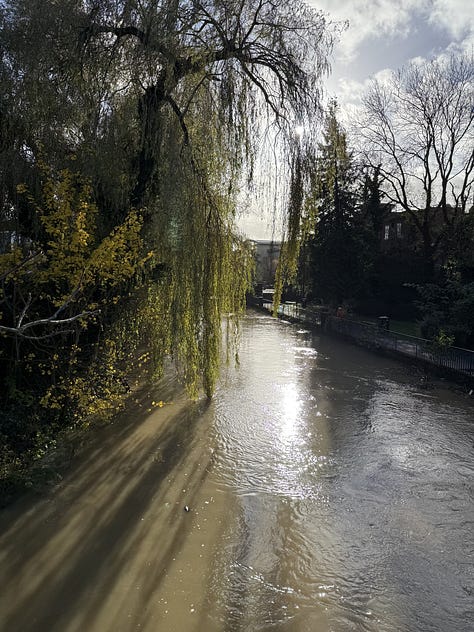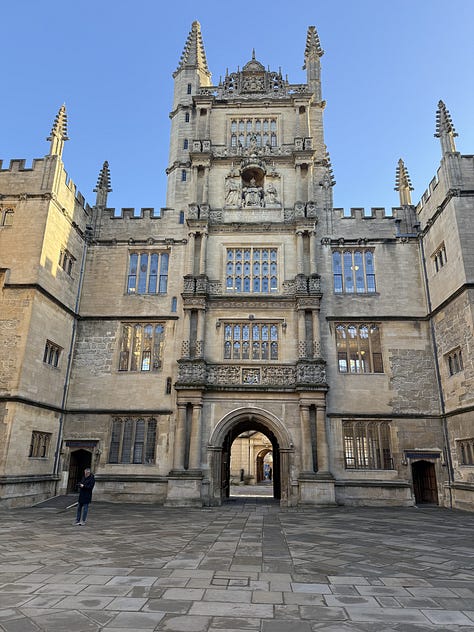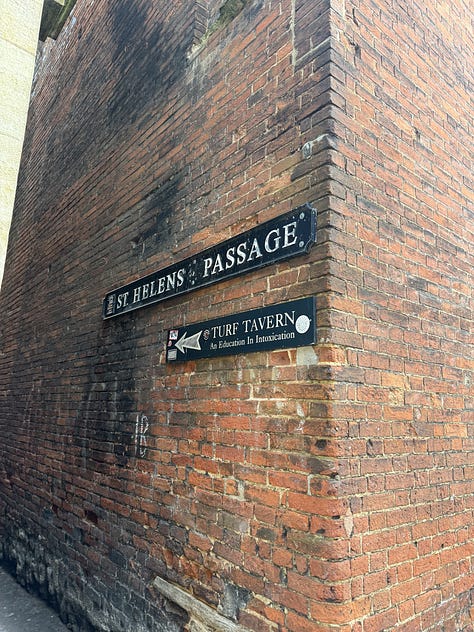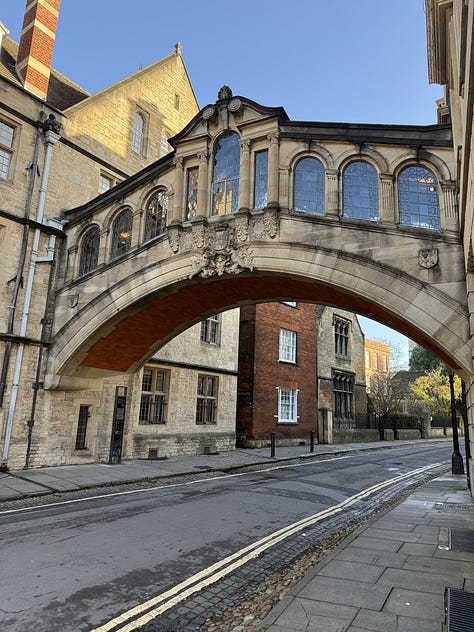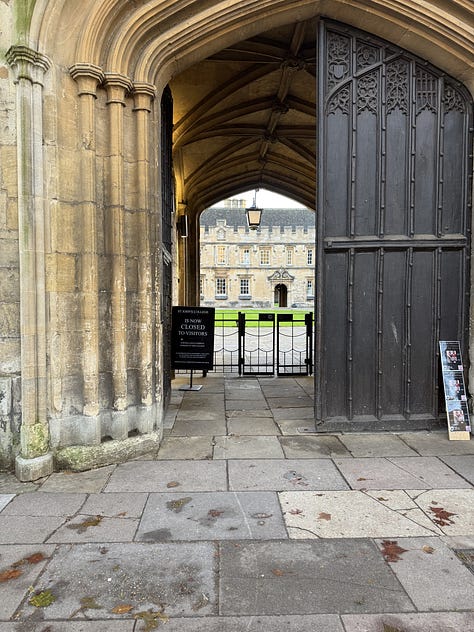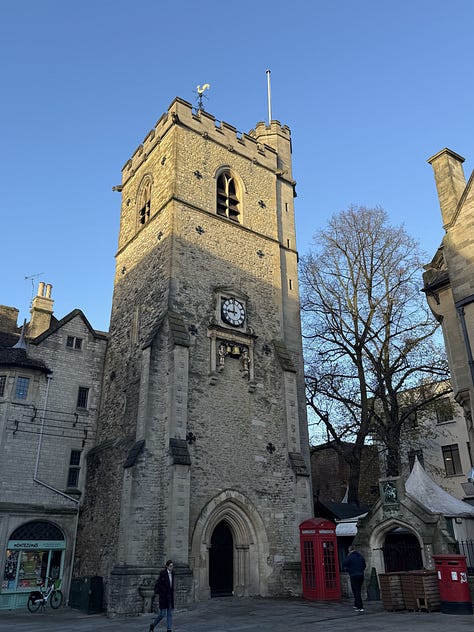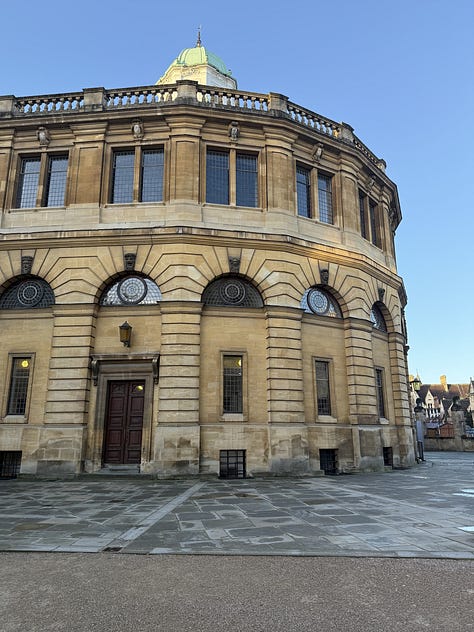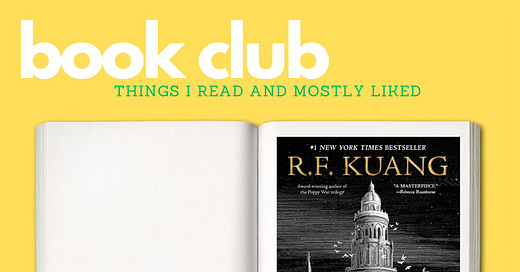Book Club: Babel by R.F. Kuang
Synopsis: Traduttore, traditore: An act of translation is always an act of betrayal.
1828. Robin Swift, orphaned by cholera in Canton, is brought to London by the mysterious Professor Lovell. There, he trains for years in Latin, Ancient Greek, and Chinese, all in preparation for the day he’ll enroll in Oxford University’s prestigious Royal Institute of Translation—also known as Babel.
Babel is the world's center for translation and, more importantly, magic. Silver working—the art of manifesting the meaning lost in translation using enchanted silver bars—has made the British unparalleled in power, as its knowledge serves the Empire’s quest for colonization.
For Robin, Oxford is a utopia dedicated to the pursuit of knowledge. But knowledge obeys power, and as a Chinese boy raised in Britain, Robin realizes serving Babel means betraying his motherland. As his studies progress, Robin finds himself caught between Babel and the shadowy Hermes Society, an organization dedicated to stopping imperial expansion. When Britain pursues an unjust war with China over silver and opium, Robin must decide…
Can powerful institutions be changed from within, or does revolution always require violence?
TL;DR: An engrossing and thought provoking academic thriller that feels remarkably prescient with all that we have going on in the world right now. Don’t let the magic scare you away — I promise, it isn’t overpowering!
My thoughts:
Wow. WOW. Wow.
I have had this book in my house since it was released, and I am verklempt that it took me this long to read it. I’m not sure why — I love books about England, I love books about academia, and I love books about secret societies — but I think the heft of it was intimidating. It’s not a small book, and I have notoriously bad upper body strength.
Just kidding. Or am I?
Anyway, I had a friend that was reading it and loving it when I was at their house in December, and I decided to use an Audible credit on it (don’t at me, I’m trying to break up with Amazon!), which was such a wonderful choice. It then escalated into buying the Kindle version so I could easily switch back and forth — long story short, I now own this story in three media and I have no regrets.
You may have regrets reading all of that above — sorry! — so let me get to the point of this, my thoughts on the book. If you couldn’t tell by my gushing earlier, I adored it. It wasn’t a light or an easy read, like I have been gravitating towards recently, but it was thought-provoking in the best way.
We experience this book through Robin’s eyes — an extremely talented young man who is taken from his home by a mysterious and powerful Professor to be trained in languages before entering Babel, one of Oxford’s most prestigious institutions.* This is where the magical realism comes in. The book is set in the early 19th century, the height of the British empire, and Britain’s power is not predicated on its industrial might (or guns) but rather magic and translation. It’s hard for me to explain in this brief review, but I promise the world building makes sense within a chapter or two! Don’t let that turn you off from reading this masterpiece.
While Robin is at Oxford, he makes some amazing friends who are also in his program — I loved that, while Babel is arguably the center of the British Empire, many of its students are misfits. They are almost tokens, chosen for their academic aptitude, sure, but also because they may speak dead languages or ones that aren’t as well represented — all in the name of imperial expansion.
He also encounters the Hermes Society, a mysterious group working through Babel to stop the Empire from expanding. Robin is so young and sheltered — on purpose — and to watch him go through almost the stages of grief over the truth of his work is amazing. I always have known R.F. Kuang is an amazing author, but this is some of her best work, I think. The most amazing emotional gut punch — or punches. She doesn’t hold anything back as we go on Robin’s journey, and I both love and hate her for that.
While I read this before the Inauguration and the chaos that has followed, I have to say this book felt oddly prescient. At the center of Robin’s decision making is an unjust trade war — the big superpower targeting smaller, less powerful countries for resources needed to expand. After he makes his decision on whether or not to join the revolution, it’s a remarkable look at what goes into fighting what’s unjust, even when it’s hard.
I don’t want to spoil anything (!), I promise, but the ending was simulatenously so perfect and so terrible at the same time — but it was also the only way this story could have concluded. I need more people to talk to about this, so please chime in if you have — or read it if you haven’t! I promise you won’t regret it.
*I actually visited Oxford on my trip to England last fall — I’ve loved it since I studied abroad there one summer — and so enjoy these pictures to really set the mood.
